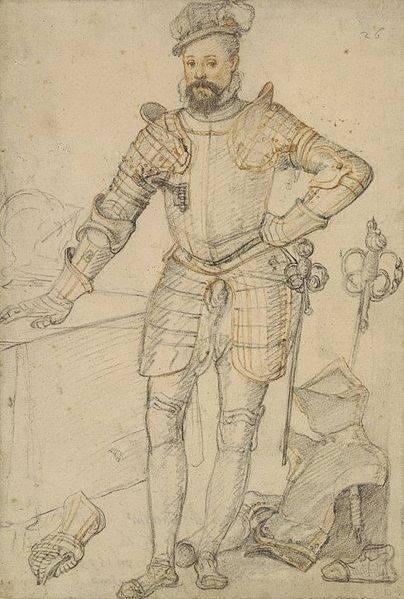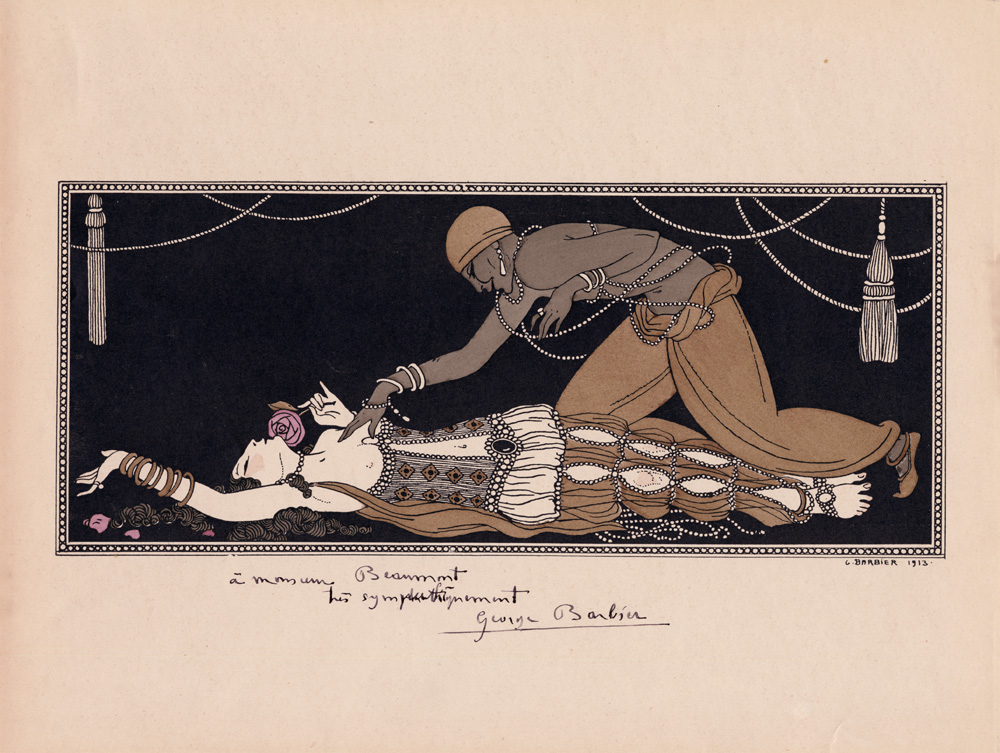Textbook Statistics by Arkaye Kierulf
On average, 5 people are born every second and 1.78 die.
So we’re ahead by 3.22, which is good, I think.
The average person will spend two weeks in his life
waiting for the traffic light to change.
Pubescent girls wait two to four years
for the tender lumps under their nipples to grow.
So the average adult has over 1,460 dreams a year,
laughs 15 times a day. Children, 385 more times.
So the average male adult mates 2,580 times with five different people
but falls in love only twice in his life—possibly
with the same person. Seventy-nine long years for each of us,
awakened to love in our twenties, so more or less
thirty years to love our two lovers each. And if, in a lifetime,
one walks a total of 13,640 miles by increments,
Where are you headed, traveler?
is a valid philosophical question to pose to a man, I think, along with
Why does the blood in your veins travel endlessly?
on account of those red cells flowing night and day
through the traffic of the blood vessels, which if laid out
in a straight line would be over 90,000 miles long.
The great Nile River in Egypt is 4,180 miles long.
The great circle of the earth’s equator is 24,903 miles.
Dividing this green earth among all of us
gives a hundred square feet of living space to each,
but our brains take only one square foot of it,
along with the 29 bones of the skull, so
if you look outside your window with your mind only,
why do you hear the housefly hum middle octave, key of F?
If you listen to the cat on the rug by the fire with
the 32 muscles in your ear, you will hear
100 different vocal sounds. Listen to the dog
wishing for your love: 10 different sounds.
If you think loneliness is beyond calculation,
think of the mole digging a tunnel underground
ninety-eight miles long to China
in one single night. If you think beauty escapes you
or your entire genealogical tree, consider the slug
with its four uneven noses, or the chameleon shifting colors
under an arbitrary light. Think of the deepest point
in the deepest ocean, the Marianas Trench in the Pacific,
do you think anyone’s sadness can be deeper? In 1681,
the last dodo bird died. In the 16th century,
Queen Elizabeth suffered from a fear of roses.
Anne Boleyn had six fingers. People fall in love
twice. The human heart beats 3 billion times — only — in a lifetime.
If you attempt to count all the stars in the galaxy, one
every second, it’ll take 3 thousand years, if you’re lucky.
As owls are the only birds that can see the color blue
the ocean is bluish, along with the sky and the eyes
of that boy who died alone by that little unnamed river
in your dreams one blue night of the war
of one of your lives. (Do you remember which one?)
Duration of World War 1: four years, 3 months, 14 days.
Duration of an equatorial sunset: 128 seconds, 142 tops.
A neuron’s impulse takes 1/1000 of a second,
a morning’s commute from Prospect Expressway
to the Brooklyn Bridge, about 90 minutes,
forty-five without traffic.
Time it takes for a flower to wilt after it’s cut from the stem: five days.
Time left our sun before it runs out of light: five billion years.
Hence the number of happy citizens under the red glow
of that sun: maybe 50% of us, 50% on good days, tops.
Number who are sad: maybe 70% on the good days—
especially on the good days. (The first emotion’s more intense, I think,
when caught up with the second.) So children grow faster in the summer,
their bright blue bodies expanding. The ocean, after all, is blue
which is why the sky now outside your window is bluish
expanding with the white of something beautiful, like clouds.
Fact: The world is a beautiful place—once in a while.
Another fact: We fall in love twice. Maybe more, if we’re lucky.


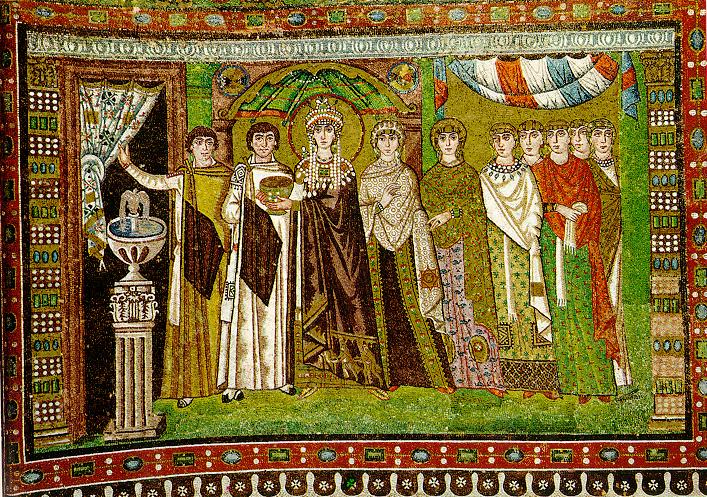

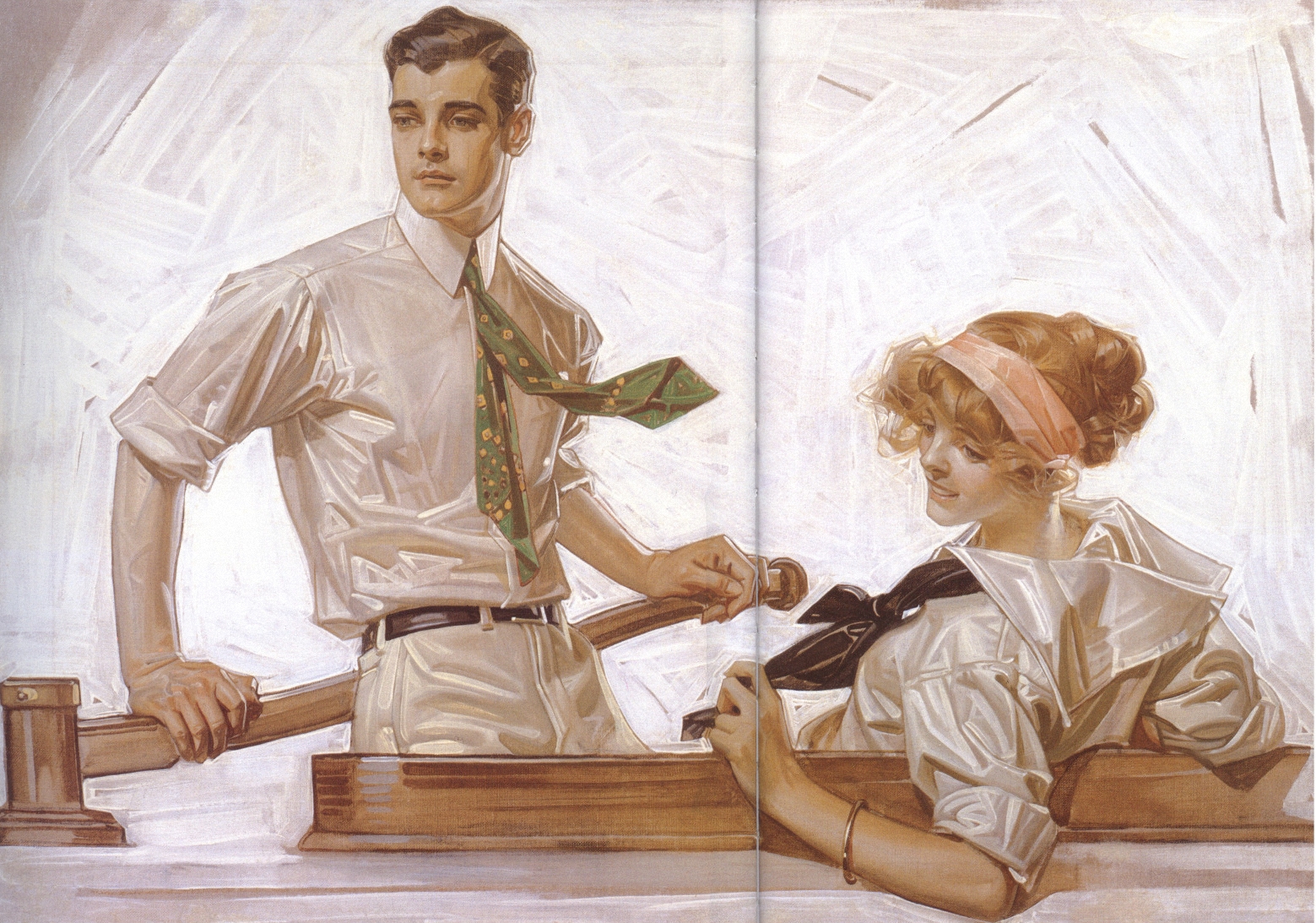




.JPG)
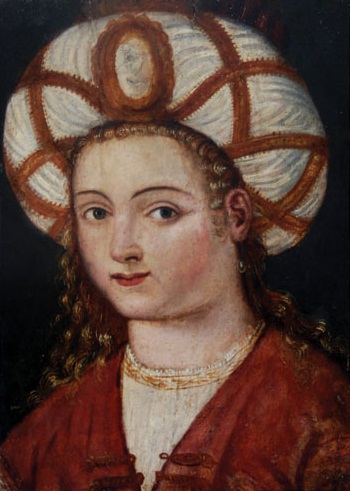
.JPG/442px-Szulejm%C3%A1n_a_s%C3%A1tr%C3%A1ban_Buda_alatt_(1529).JPG)

